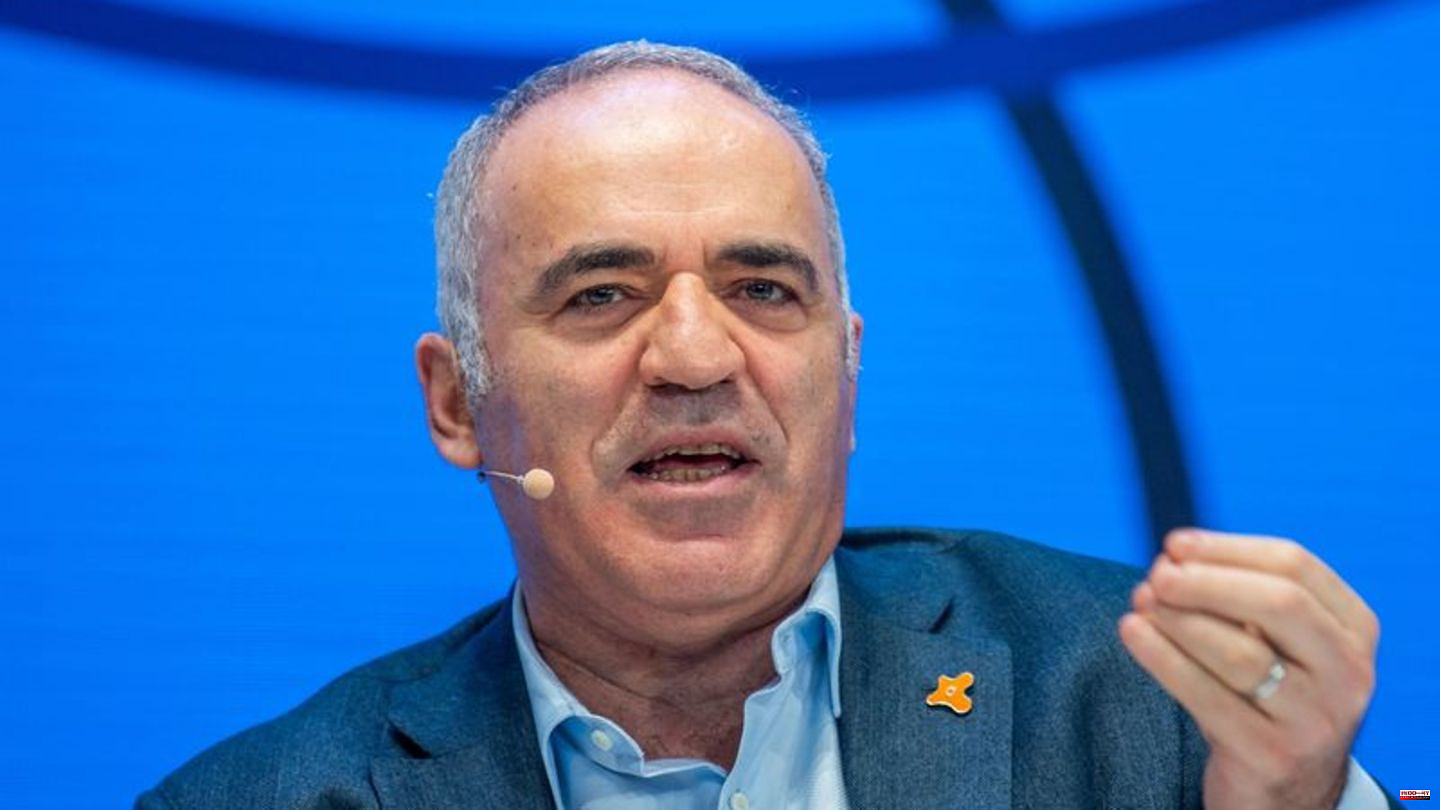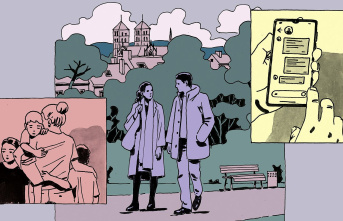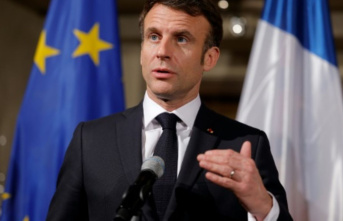Russian government critic and former world chess champion Garry Kasparov sees a military defeat for Russia as the only key to change. "A victory for Ukraine is the prerequisite for any change in Russia," Kasparov said at the Munich Security Conference. In the evening, exiled Russians discussed ways and concepts for a democratic future in the country.
Finally, the Munich Security Conference on Sunday will deal with the future security architecture for Europe. Among others, the heads of government of Sweden, Ulf Kristersson, and Estonia, Kaja Kallas, will discuss this with EU chief diplomat Josep Borell. At other events, Kiev's Mayor Vitali Klitschko and SPD leader Lars Klingbeil will also speak about the consequences of the Russian war of aggression, which has been going on for almost a year.
Kasparov said it had to be made clear to the people of Russia that the war was lost. He thinks the people there are enormously capable of suffering as long as they think victory is possible. The only way is to make it clear to the people that the war will be lost. "And to change the mind of the Russians, unfortunately, there is no other solution than to help the Ukrainians liberate Crimea. Crimea is the staple of Putin's mythology," Kasparov said.
"They don't care about the war"
The daughter of the murdered Kremlin opponent Boris Nemtsov, Zhanna Nemtsova, attested to many people in Russia not knowing the situation in Ukraine and being disinterested. "They don't care about the war in Ukraine," she said. "We in exile have to talk to the Russians." It must be informed about Russian crimes. She said rational arguments alone would not work. "The only thing that works is emotional arguments," she said.
Irina Shcherbakova, a founding member of the human rights organization Memorial, which has since been banned in Russia, said the Russian dictatorship wanted people to believe that total chaos would ensue if it was overthrown. This perspective is also catching on in the West. She said, "These are fears that the West must overcome."
The Russian anti-Kremlin Mikhail Khodorkovsky, who had already presented his proposals for a federalization of Russia before the official start of the conference in Munich, once again outlined Putin's path to power and said: "We all underestimated him."
Panel of experts on the situation in the Middle East
Aside from the Ukraine war, which dominated the three-day conference, a panel of experts on the situation in Israel, Palestine and the Middle East is also on the agenda on Sunday - former Israeli Prime Minister Ehud Olmert, among others, is expected to attend in Munich.
Ukrainian President Volodymyr Zelenskyy opened the security conference on Friday with a video address. Then, among others, Chancellor Olaf Scholz (SPD), French President Emmanuel Macron, Chinese foreign policy chief Wang Yi and US Vice President Kamala Harris spoke at the conference, to which around 40 heads of state and government and almost 100 ministers were expected.
For the first time in more than 20 years, the Russian leadership has not been invited. Unlike in previous years, the Iranian leadership and politicians of the AfD did not receive an invitation either.












